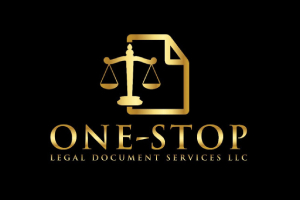Understanding a Motion for Summary Judgment in Legal Proceedings
Content:
A motion for summary judgment is a request made by one party in a legal proceeding to ask the court to rule in their favor without the need for a trial. The party making the motion argues that there are no genuine issues of material fact that would require a trial and that they are entitled to judgment as a matter of law.
Essentially, a motion for summary judgment asks the court to make a decision based on the evidence presented, rather than proceeding to a trial where the evidence would be presented to a jury or judge.
In order to succeed on a motion for summary judgment, the moving party must show that there are no genuine issues of material fact in dispute, and that they are entitled to judgment under the applicable law. This means that the court must be able to determine from the evidence presented that one party is clearly in the right, and that there is no reasonable dispute as to the outcome of the case.
The non-moving party may respond to the motion and argue that there are genuine issues of material fact, requiring a trial to determine the outcome of the case. If the non-moving party is successful in doing so, the motion for summary judgment will be denied, and the case will proceed to trial as normal.
A motion for summary judgment can be filed at any point during a legal proceeding, but it is most commonly used after the discovery period, where both parties have had the opportunity to collect and present evidence.
Overall, a motion for summary judgment can be a powerful tool for parties seeking to resolve a legal dispute more quickly and efficiently than through a trial. However, it is also a highly technical and complex legal maneuver that requires a thorough understanding of the law and rules governing legal proceedings. As a result, it is essential to work with experienced legal counsel when considering or responding to a motion for summary judgment.


